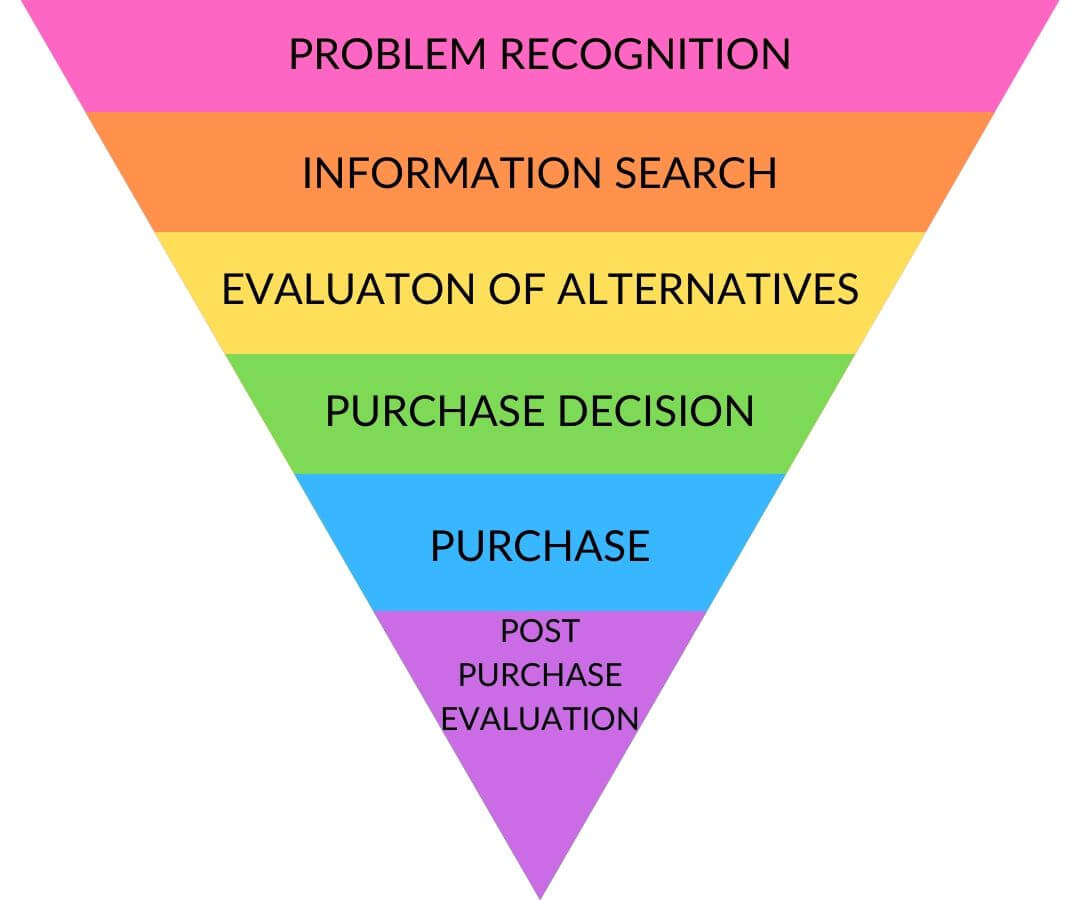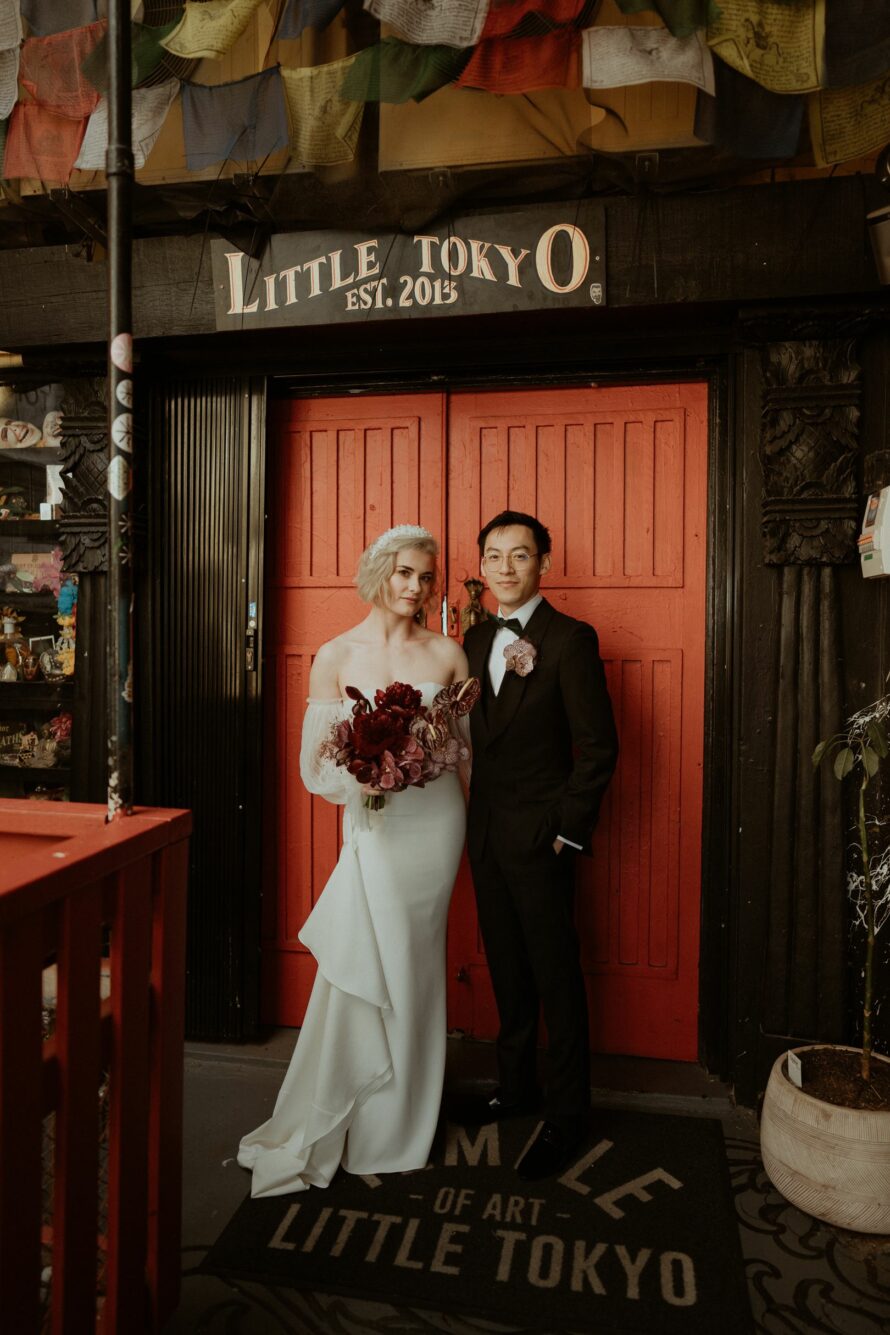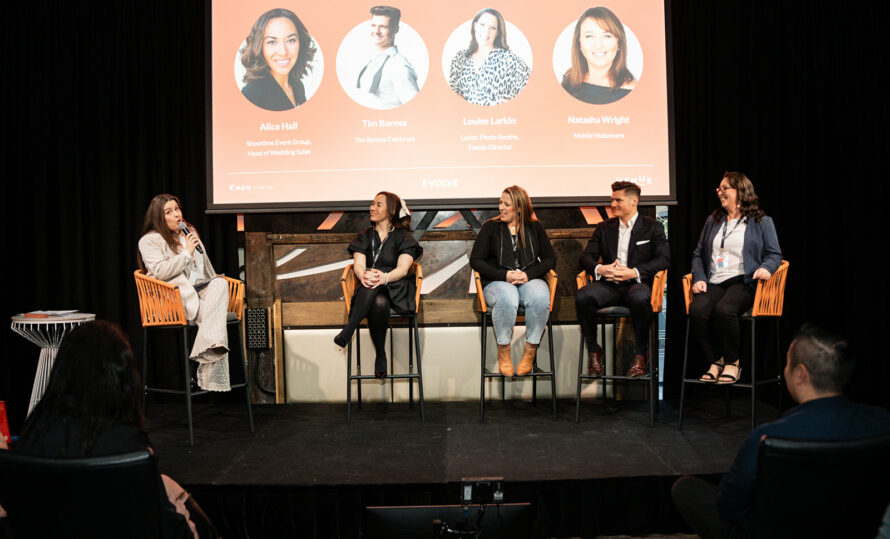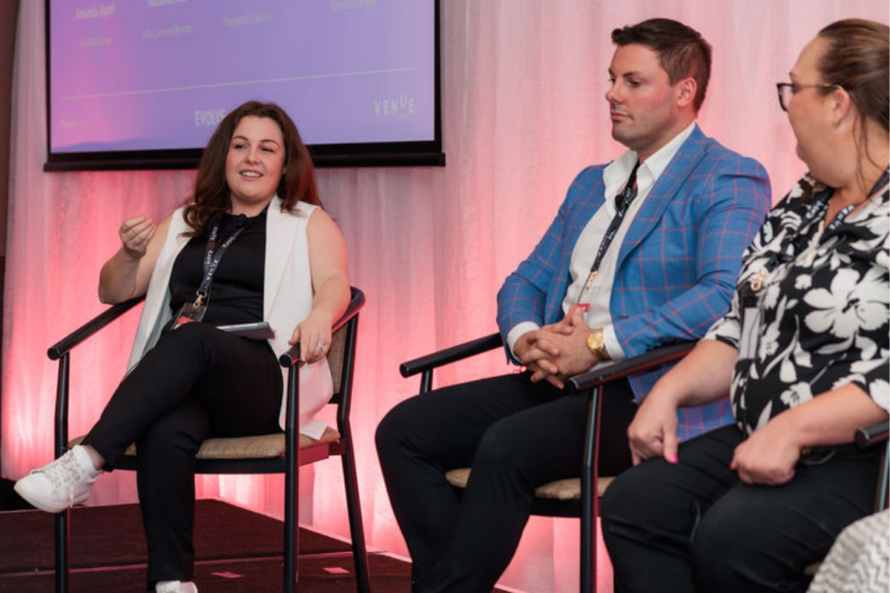A potential new lead in the wedding industry is always exciting. But not all leads are created equal. So how do you identify a lead that is going to convert or a lead that might not be worth it?
It’s not always going to be a straightforward process as every wedding is different. But there are ways you can figure out when the best time to sell to a potential client is.
IBM first introduced the four pillars of BANT as a way to see how their own leads were qualified. Since then it’s expanded and become a great guide for businesses around the world.

The BANT system
BANT stands for budget, authority, need and timing. These are the four pillars that you can use to see how qualified your lead is and how much time you should be spending on them.
There are two sides to every sales journey. You are one side trying to sell a product or service, and the other side comes from couples planning their weddings. You need to understand where they are at in their consumer buying process and BANT will help you identify that.
The potential clients you identify in that purchase decision phase of their journey have done their research. They have looked into solutions and they are ready to make a commitment. But how do you know when they’ve reached that stage? That’s where BANT comes in.
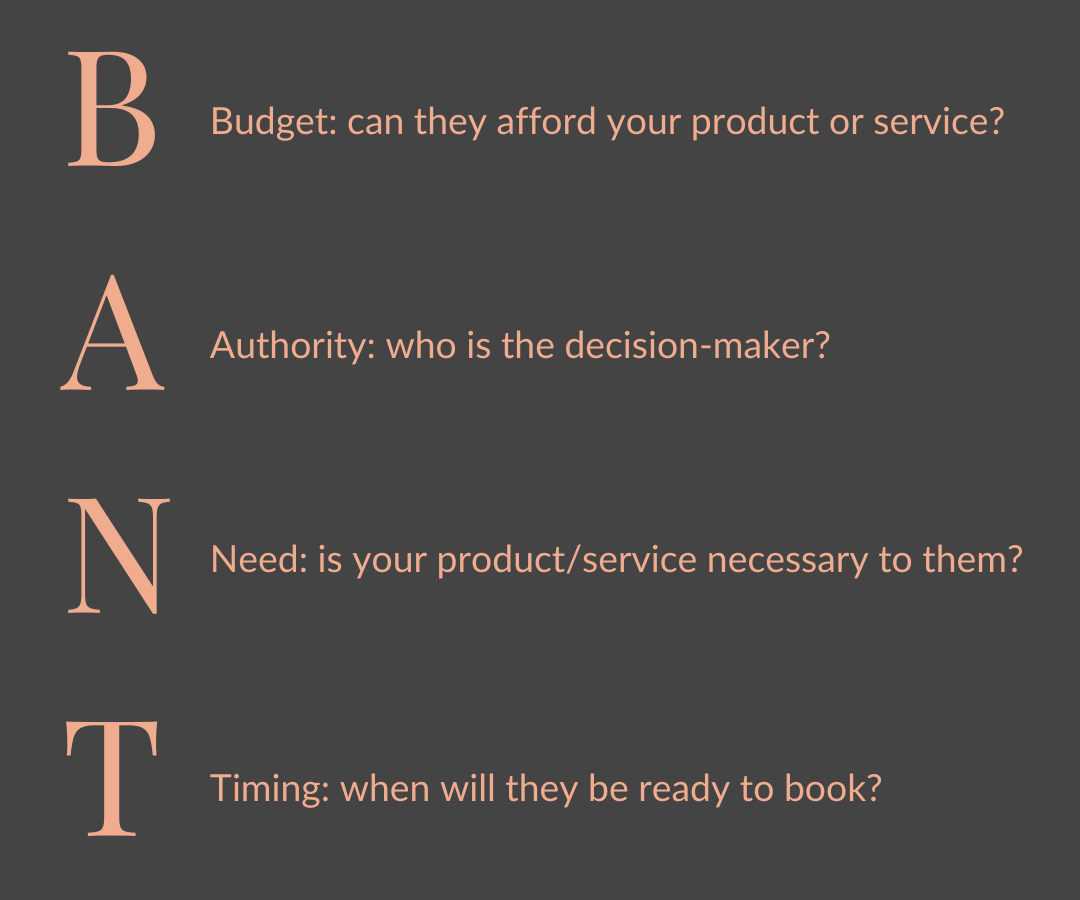
Budget
The first thing you need to ask yourself is whether a couple can afford your service or product. This can sometimes be a tricky situation because the expectations of what a couple receives are not always in line with their budget expectations.
But at the end of the day if a potential couple can’t fit you into their budget then there is no way your partnership is going to work. So how can you identify when they have a budget or where you have a bit of wriggle room?
You need to find out what their budget actually is. If you’re selling a car you’re not going to sell a Tesla to someone who has the budget for a Mazda. You’re going to sell them something based on what their budget is.
Let a couple tell you their budget, and if you have services or products that fit into that, those are the ones you should be selling to them. This will also help build trust with your clients.
If a couple doesn’t quite fit into your lowest pricing point there may be some room to upgrade them to something that will work. Chat to them about the services or products you offer and see whether your solution is a priority for them. If you find that they are agreeing with everything you say and in need of your business, you may still be able to sell them.
If a couple doesn’t fit into your pricing and continue to ask for a discount or what better deal you can offer them, the chances are that deal won’t work. You might spend time bending over backwards for them but them being able to afford your services is still a fundamental dealbreaker. Don’t waste your time if there’s no certainty that they’re going to book with you anyway.
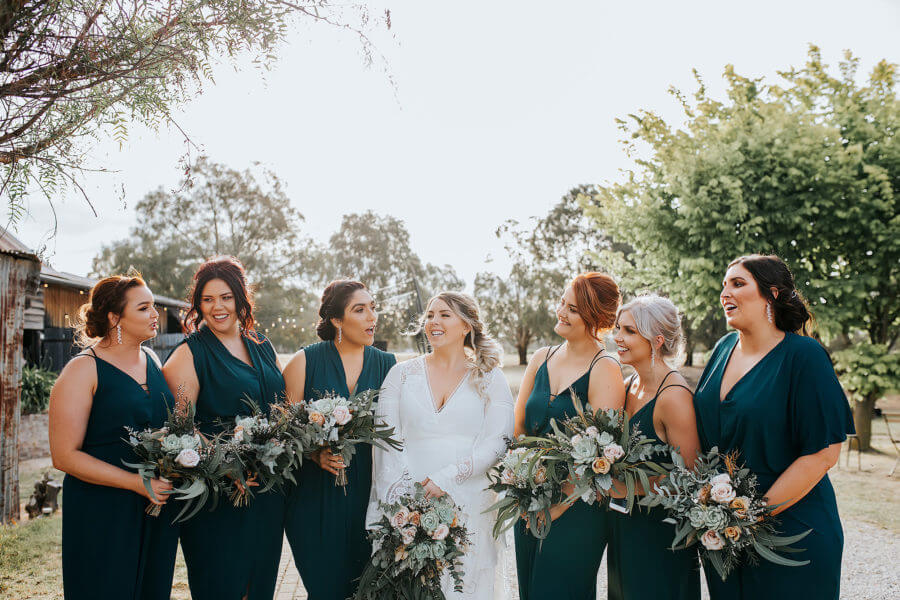
Authority
There are generally two groups of people involved when it comes to making an enquiry and making a decision. There are the decision-makers. And there are the advocates. Ultimately, you want to be able to sell to the first one.
Your decision-maker is generally going to be one person as part of the couple. You want to make sure that they understand exactly what you are offering and how. And you want to make sure you understand how they make their decisions.
Ultimately, this is the person who is going to seal the deal so look at the dynamic of the couple. Is one person always looking for approval from the other? Is someone directing more questions while another person is more of a bystander? That’s how you can identify your decision-maker.
The other person you’ll be talking to is an advocate. This person may take calls and pass the information on but they won’t be the person making the final decision. This could be someone in the couple, but it could also easily be a friend, family member, or a wedding planner. Make sure you identify who you are talking to over the phone or on emails to work your language around whether you’re speaking with the advocate or the decision-maker.
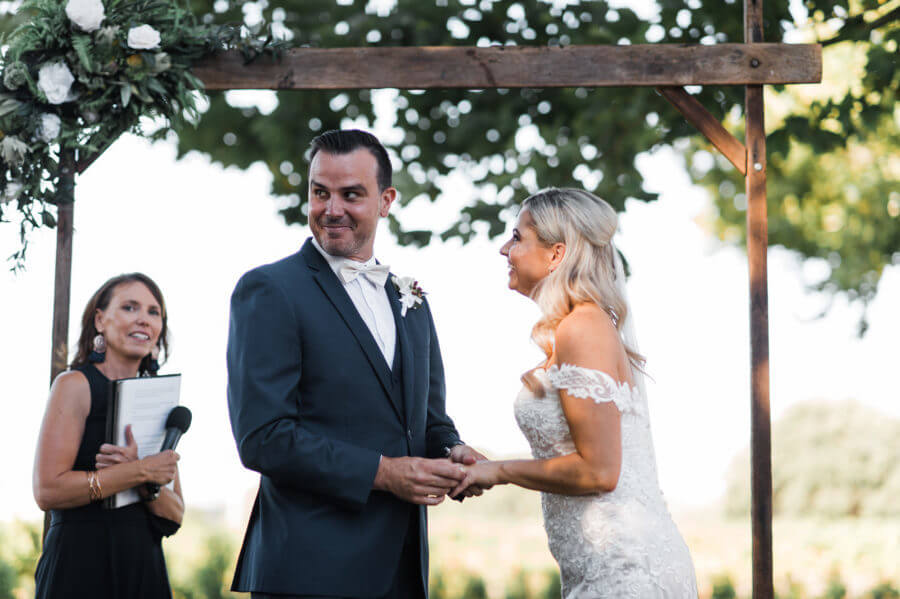
Need
This is a tricky one as a couple doesn’t actually need most wedding services for their day, with the exception of a marriage celebrant. This is where their perceived need comes in. How have they been imagining their wedding their whole lives? This vision taps into their need.
Work out what they deem necessary for a wedding and see whether your product or service fits into those needs. Ask them how they see you working at their wedding. If they are confident in the vision that they tell you about, they have given themselves that need of you.
You can pitch to someone who might not need your business but don’t push it. As a best-case scenario, you sell to someone who feels like you’ve betrayed their trust by giving them something they didn’t want or need. It’s not an ideal situation for either of you.
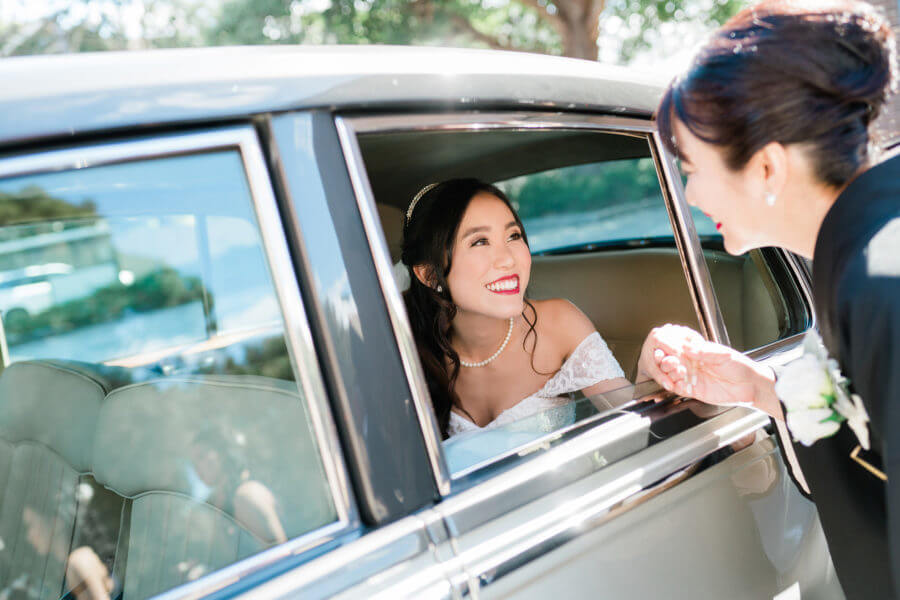
Timing
Finally, you want to look at the timing of when a couple is chatting with you. How soon will they be willing to book you? Are they ready now? Or do they still need a bit of time?
This is where the consumer buying process comes in. You want to make sure that your couples have gone through problem recognition, information search and evaluated any alternatives before you try to push them to make a purchasing decision.
If they are too early in the funnel they’re not going to be ready to make the commitment yet. Knowing their timing will help you work out how many times you should follow up and whether the revenue is worth that timing.
It will also help you drive urgency if you need to. If a couple is already at the purchase decision stage they’re more likely to make that purchase to lock in a wedding date or make sure they don’t miss out on booking a certain supplier. If they’re too early in the funnel you’re going to burn that bridge by asking for the sale too early.
Chat to your couples to work out what stage of wedding planning they’re in. This will help you identify whether or not they are ready to commit to you.
